Fashion
‘Must have’ in children’s closet

It is essential to create a well-rounded closet for children to promote comfort, self-expression, and confidence.
The first thing every child must have in their closet are quality shoes to provide comfort and durability for daily activities.
Timeless classics, such as versatile clothing pieces, allow for mix-and-match flexibility. Layering essentials like lightweight jackets, sweaters, and hoodies help children adapt to changing weather conditions.
Dressy outfits for special occasions must not be left out in children’s closet. These outfits boost confidence of children.
Cozy sleepwear must be provided to ensure restful sleep. A functional closet helps children develop a sense of style and self-expression.
Parents can create a well-rounded closet by investing in quality over quantity, considering sustainable options, and encouraging children’s input in clothing choices.
Teaching clothing care and maintenance skills promotes responsibility.




By Elizabeth Agyeibea Ackon
Fashion
Spotlight on ACP Kofi Sarpong
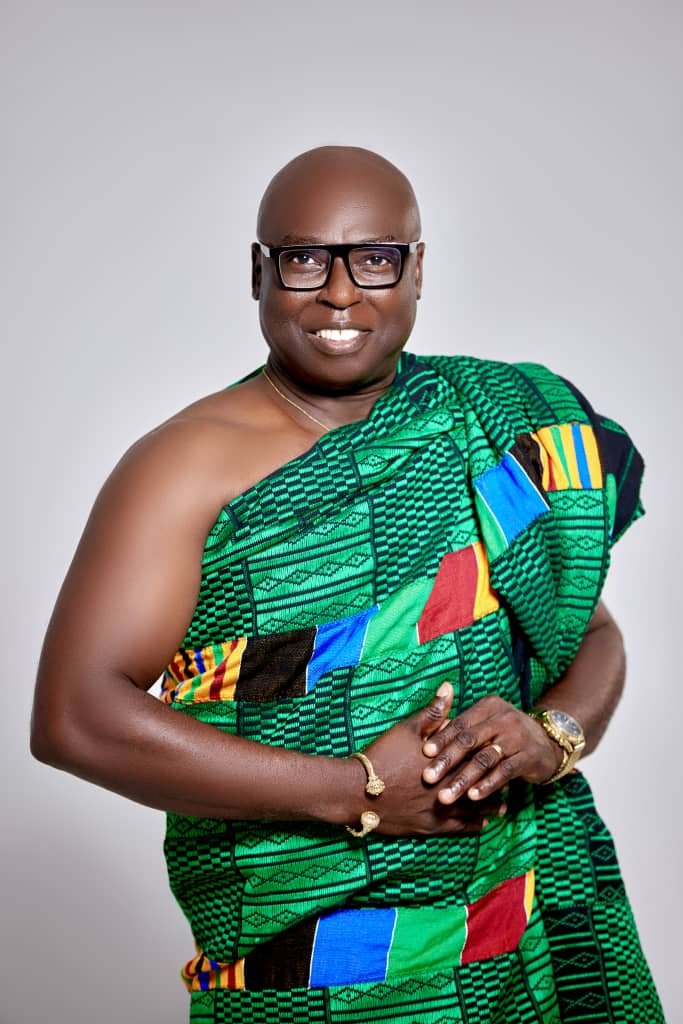
When it comes to fashion, gospel artiste, Assistant Commissioner of Police (ACP), Kofi Sarpong, leaves no stone unturned to turn up well.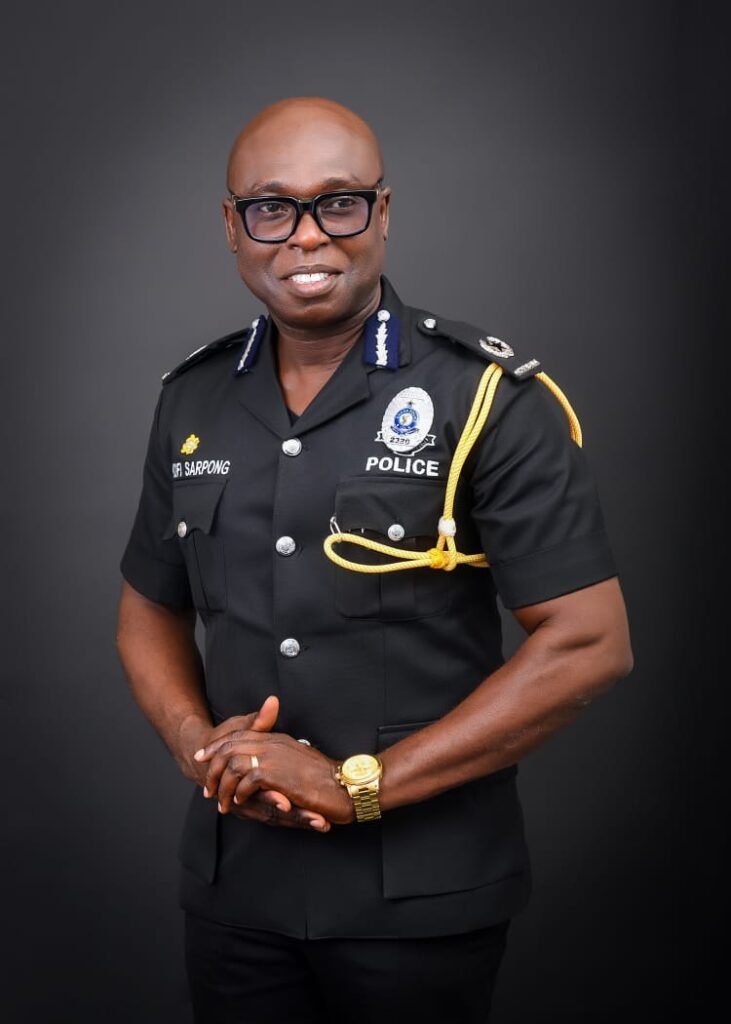
Recognised for his impeccable designs and style, he has become a fashion icon, blending sophistication with modern flair.
The ‘Miracle’ hitmaker steps out with bold colour choices, refined details and confidence that turns clothing into statement.
However, being vibrant in the industry over ten years, his fashion sense has always been the topic of the day.
His fashion sense are always on point.
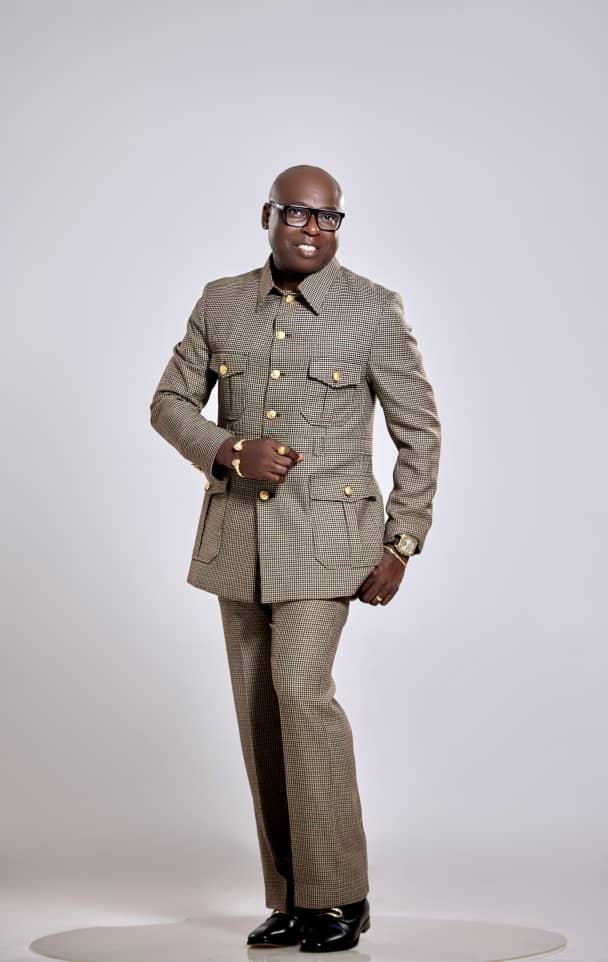
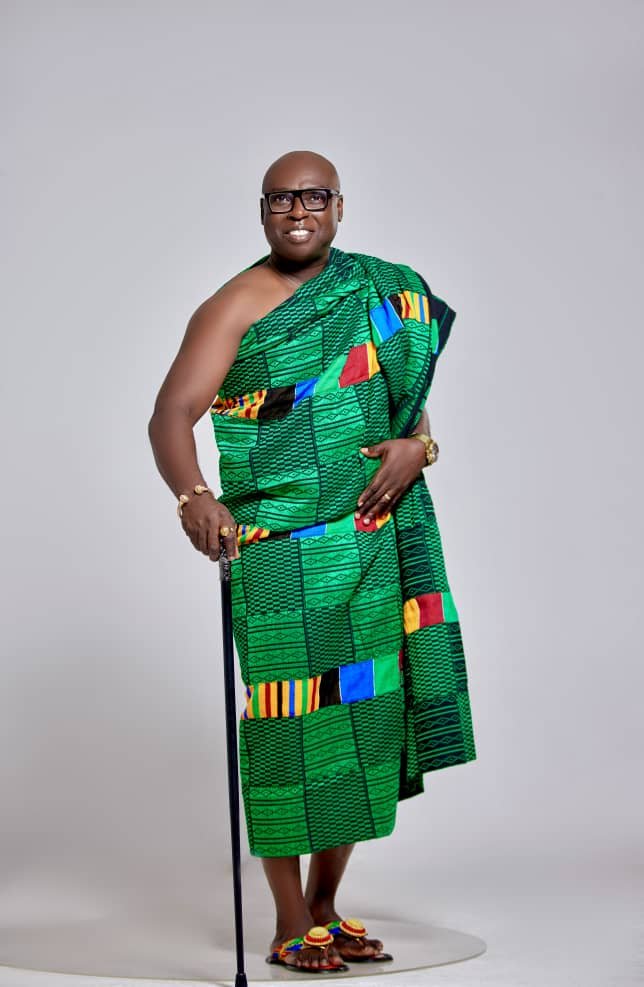
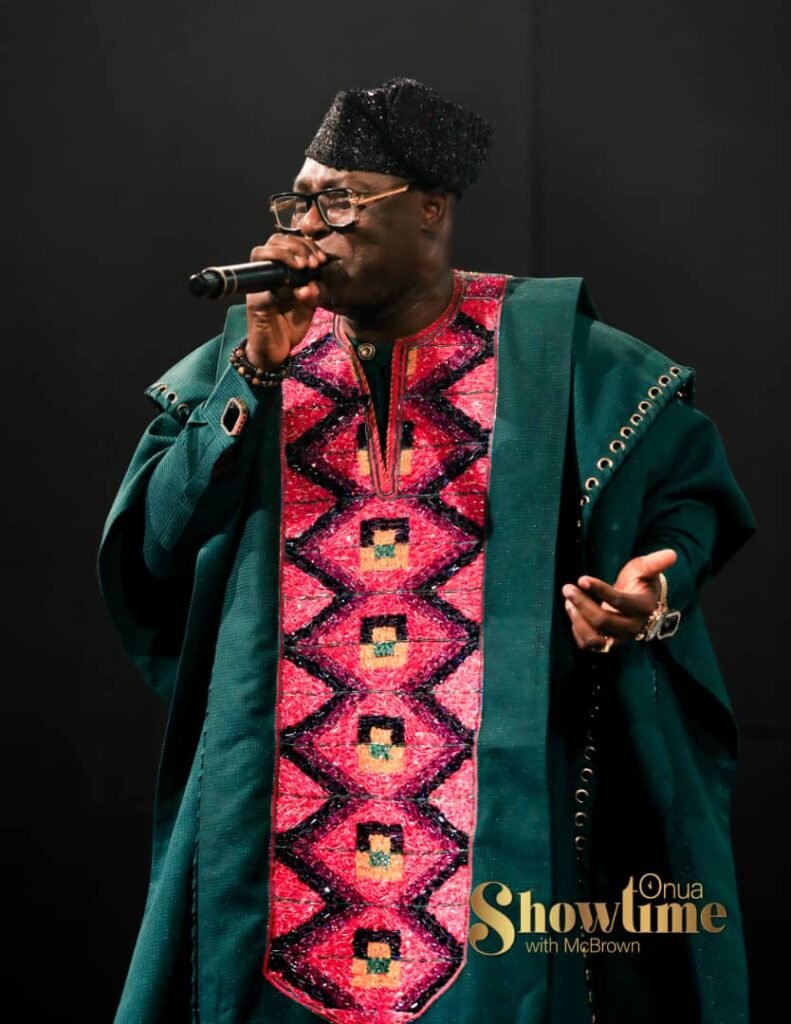
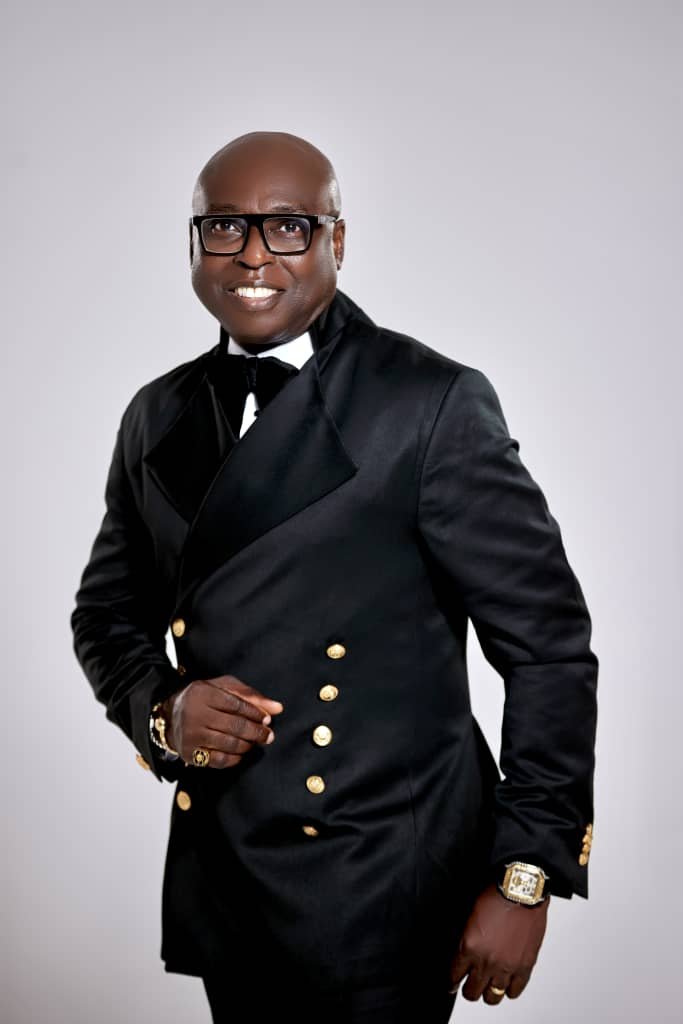
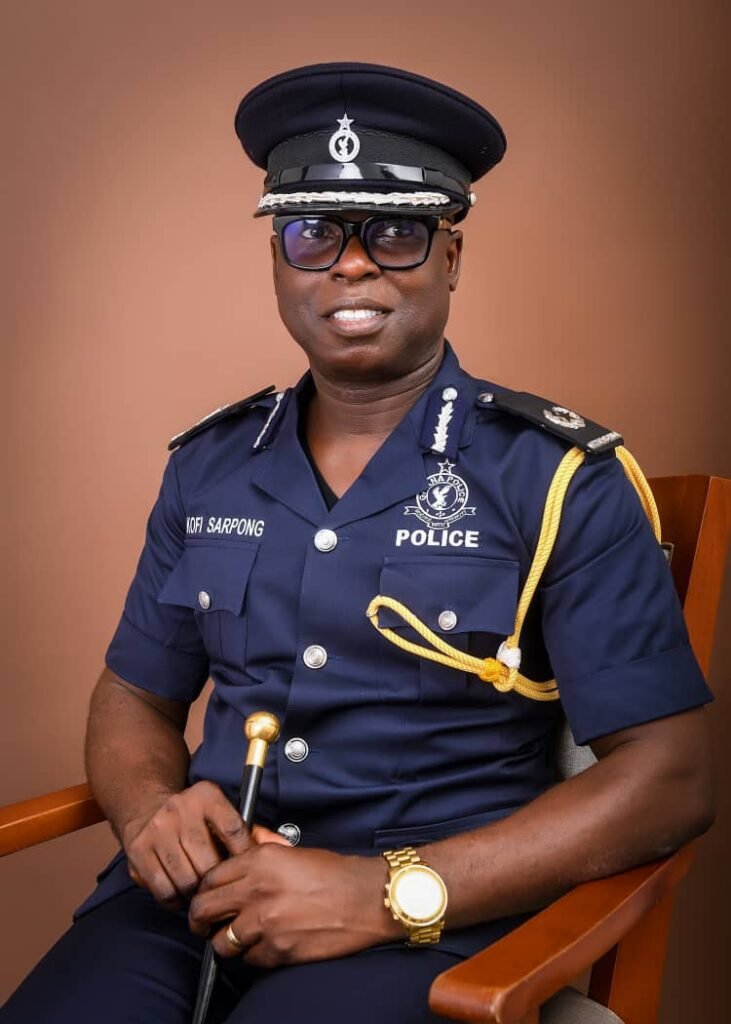
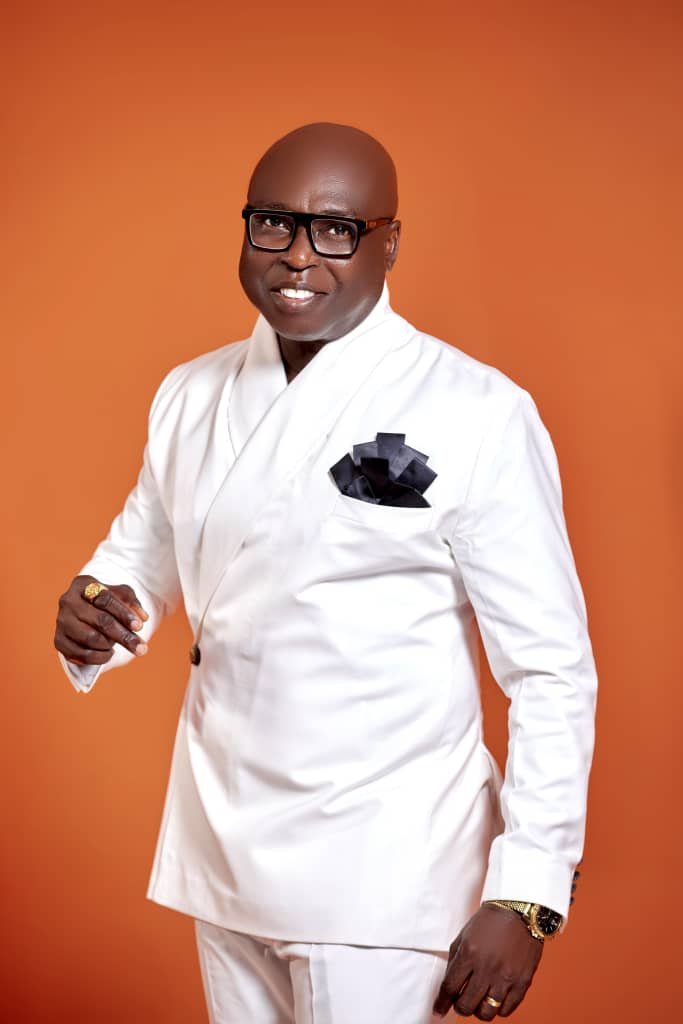


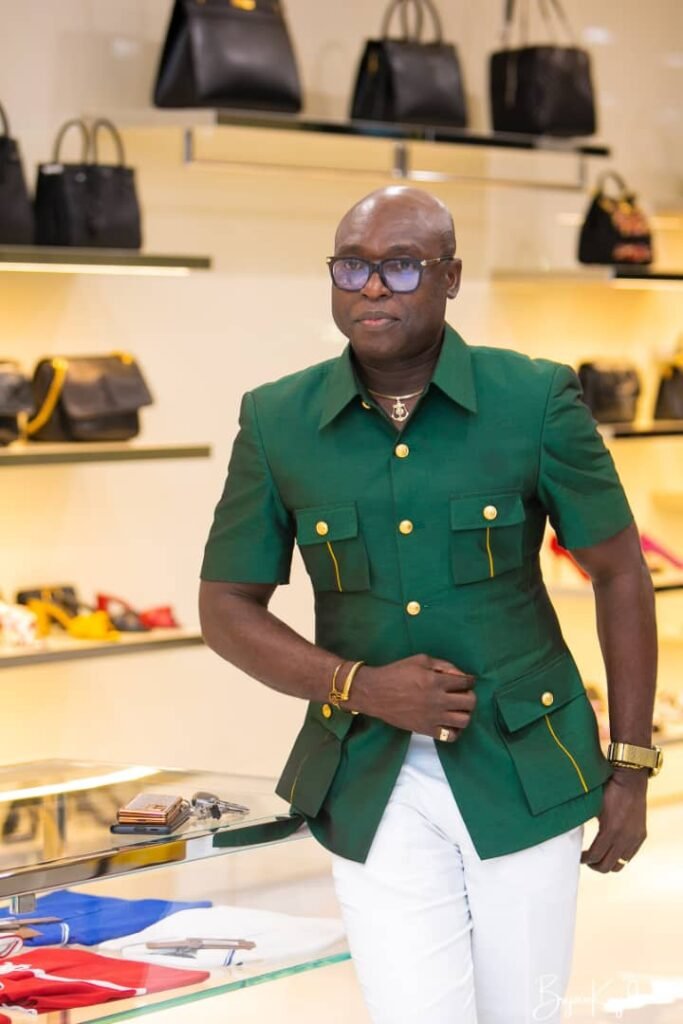
By Linda Abrefi Wadie
Fashion
Designers show flair at Accra fashion week
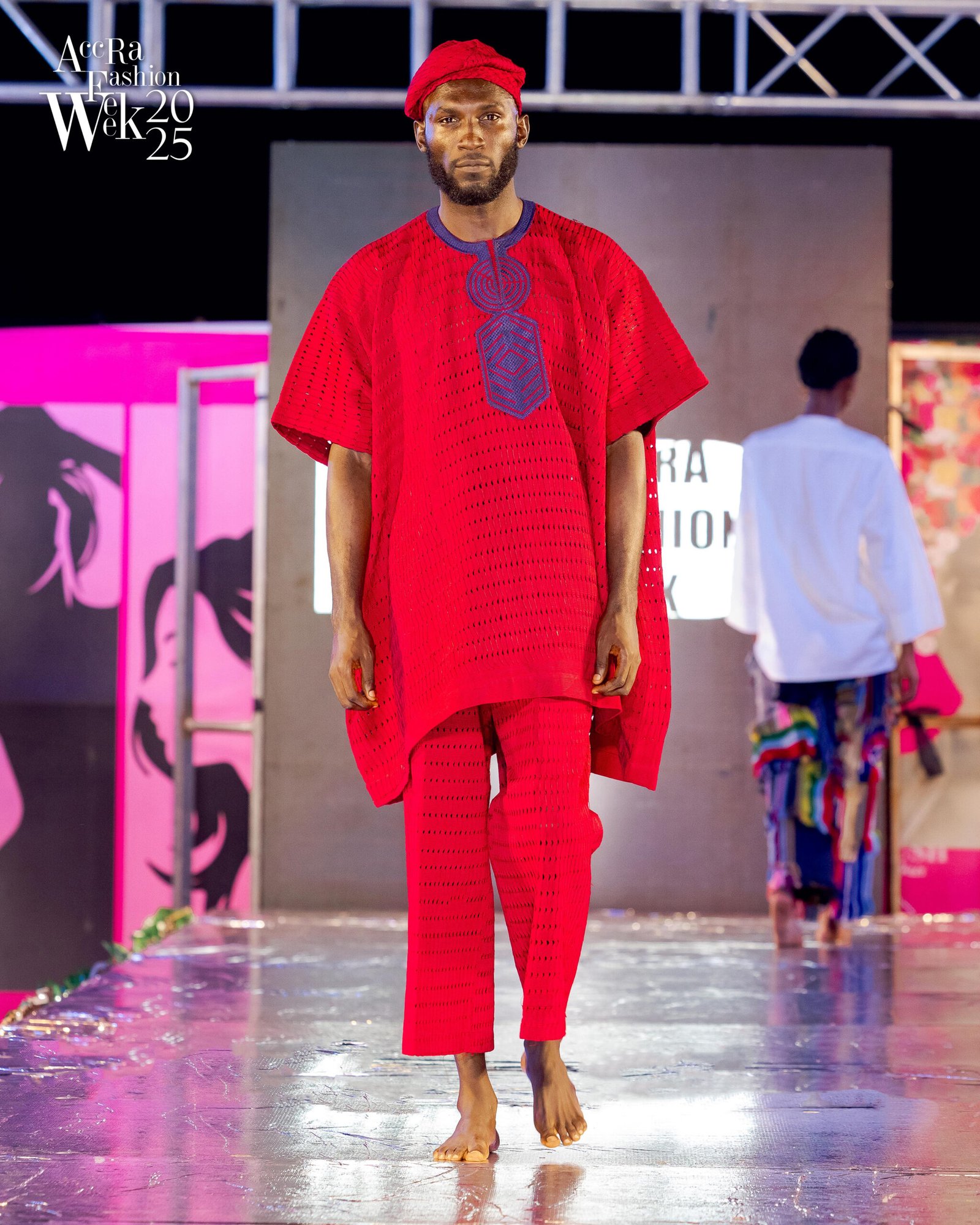
These designs were among the pieces showcased by some fashion designers at the Accra fashion week held recently.
The event attracted dignitaries, local and international fashion designers and fashion lovers across the world.
Most of the designs depicted culture, nature and tradition.
Check out some of the designs on display.




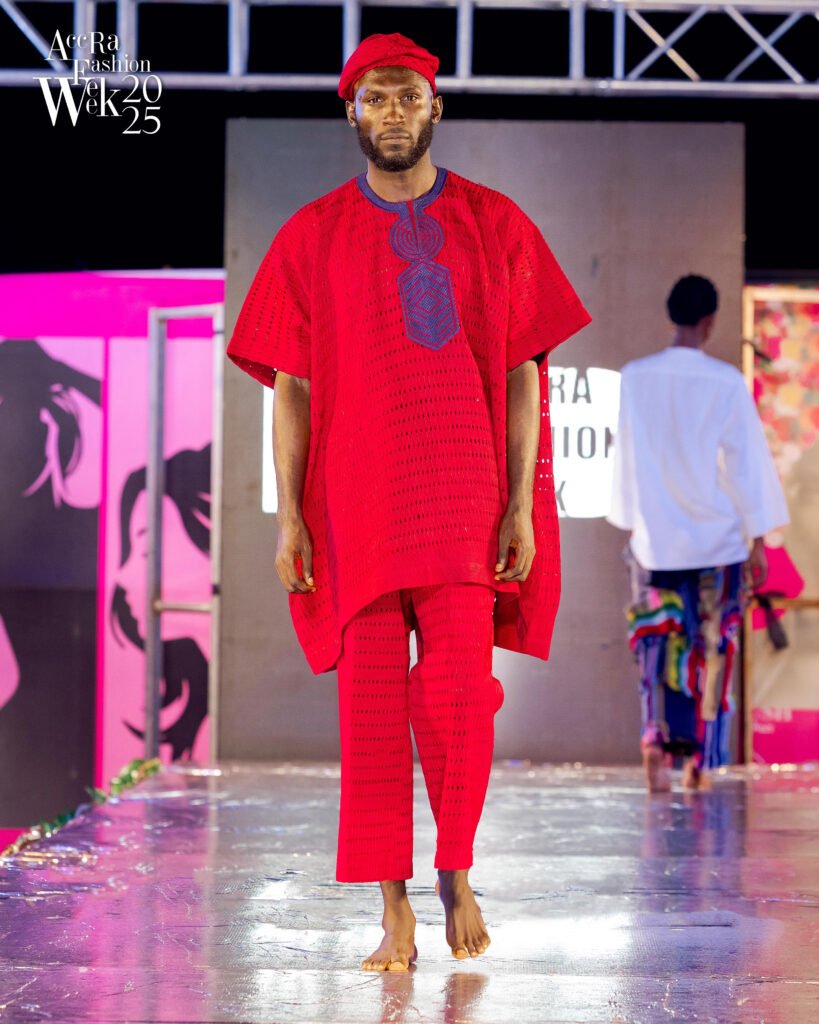

By Linda Abrefi Wadie







